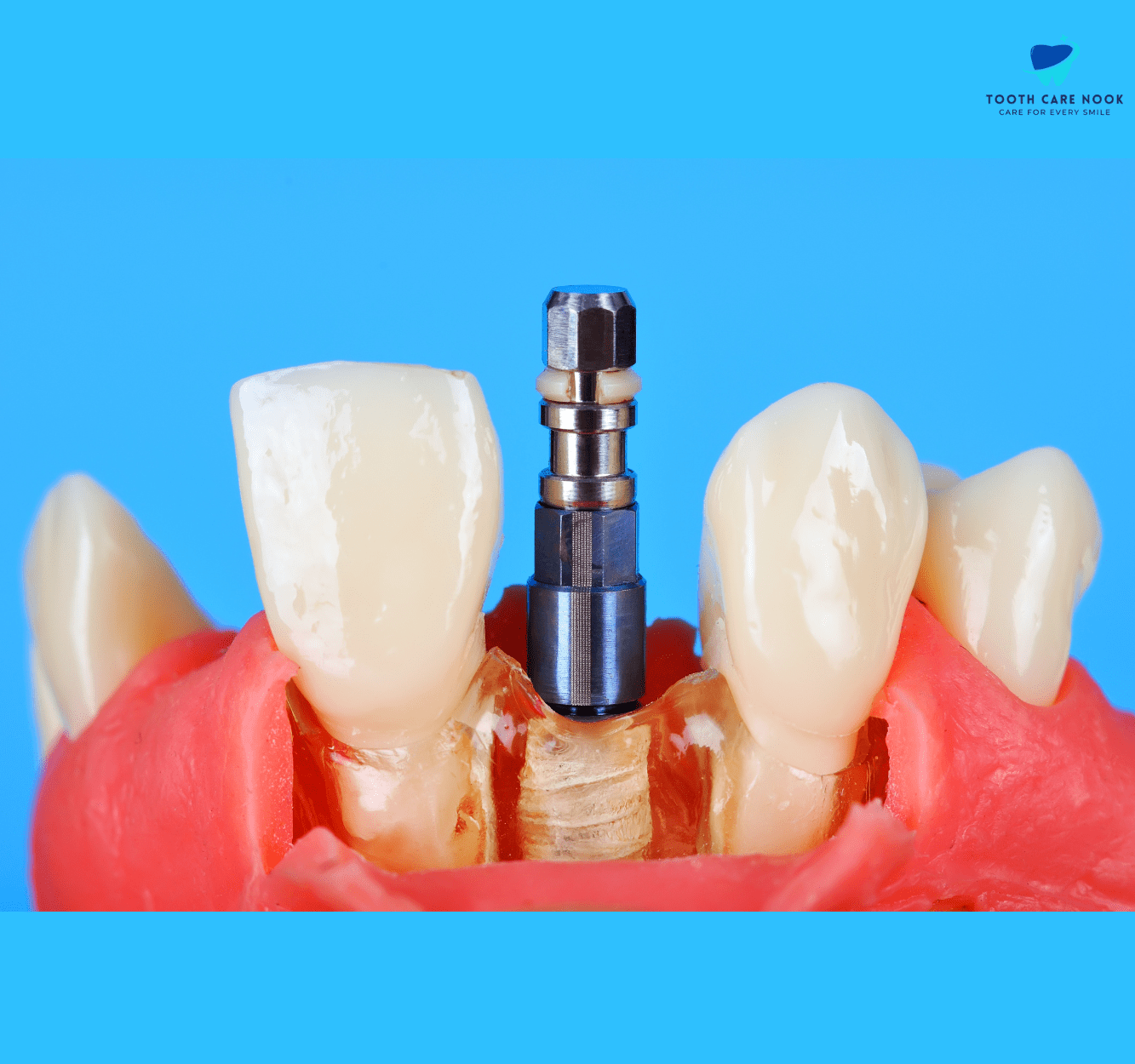Titanium Implant Tooth

The introduction of titanium implants in dentistry has revolutionized the field of oral rehabilitation, offering a durable, biocompatible, and highly successful solution for individuals with missing teeth. A titanium implant tooth, also known as a dental implant, is a synthetic tooth root made of titanium that is surgically inserted into the jawbone to support a replacement tooth or teeth. This innovative approach has transformed the lives of countless individuals worldwide, restoring not only their oral function but also their confidence and overall quality of life.
Historical Evolution of Titanium Implants
The concept of dental implants dates back thousands of years, with early civilizations using various materials such as gold, ivory, and even stone to create artificial teeth. However, it wasn’t until the 1950s that the modern dental implant began to take shape. The pioneering work of Dr. Per-Ingvar Brånemark, a Swedish orthopedic surgeon, led to the discovery of osseointegration - the process by which bone cells (osteoblasts and osteoclasts) attach themselves directly to the titanium surface, creating a strong and lasting bond. This groundbreaking finding paved the way for the development of titanium implants, which have since become the gold standard in dental restoration.
The Science Behind Osseointegration
Osseointegration is a complex biological process that involves the direct attachment of bone tissue to the titanium implant surface. This unique property of titanium is attributed to its surface characteristics, which promote cell adhesion and proliferation. When a titanium implant is placed in the jawbone, the bone cells recognize the implant as a foreign body and initiate an inflammatory response. However, unlike other materials, titanium triggers a specific type of inflammatory response that ultimately leads to the formation of a stable bone-implant interface. This interface, known as the osseointegrated implant, provides a secure foundation for the prosthetic tooth, allowing for optimal chewing function, comfort, and aesthetics.
Benefits of Titanium Implant Teeth
The advantages of titanium implant teeth are numerous and well-documented. Some of the most significant benefits include:
- High Success Rate: Titanium implants have an average success rate of 95%, making them a highly reliable option for tooth replacement.
- Long-Term Durability: With proper care and maintenance, titanium implants can last for decades, providing a long-term solution for individuals with missing teeth.
- Natural Appearance and Feel: Titanium implant teeth are designed to mimic the natural appearance and feel of real teeth, restoring an individual’s smile and confidence.
- Improved Oral Function: Titanium implants enable individuals to chew, speak, and eat with ease, allowing for a significant improvement in overall oral function.
- Biocompatibility: Titanium is a biocompatible material that is well-tolerated by the body, reducing the risk of adverse reactions or complications.
The Implant Procedure: A Step-by-Step Guide
The process of receiving a titanium implant tooth involves several stages, from initial consultation to final restoration. The following is a general overview of the implant procedure:
- Consultation and Planning: The first step involves a thorough consultation with a dental specialist to determine the feasibility of the implant procedure. This includes a comprehensive examination, radiographic imaging, and discussion of treatment options.
- Surgical Placement: The titanium implant is surgically inserted into the jawbone under local anesthesia. The procedure is typically performed on an outpatient basis and may require several hours to complete.
- Healing and Osseointegration: Following surgical placement, the implant is allowed to heal and integrate with the surrounding bone tissue. This process can take several months, during which time the patient may be fitted with a temporary prosthesis.
- Abutment and Crown Placement: Once the implant has fully integrated, an abutment is attached to the implant, providing a foundation for the prosthetic tooth. The final restoration, known as the crown, is then cemented or screwed onto the abutment, completing the implant procedure.
Future Trends and Advances in Titanium Implants
The field of dental implantology is continually evolving, with ongoing research and development aimed at improving the design, materials, and techniques used in titanium implant teeth. Some of the most promising advances include:
- Digital Implant Planning: The use of advanced computer-aided design (CAD) software and 3D printing technology to create customized implant plans and surgical guides.
- Nanostructured Titanium Surfaces: The development of nanostructured titanium surfaces that enhance osseointegration and improve implant stability.
- Immediate Loading: The ability to load implants immediately after surgical placement, reducing healing time and accelerating the restoration process.
Conclusion
Titanium implant teeth have revolutionized the field of dentistry, offering a reliable, durable, and highly successful solution for individuals with missing teeth. With their high success rate, long-term durability, and natural appearance and feel, titanium implants have become the gold standard in dental restoration. As research and development continue to advance, we can expect even more innovative solutions and improved outcomes for patients undergoing titanium implant procedures.
FAQ Section
What is the average cost of a titanium implant tooth?
+The average cost of a titanium implant tooth can vary depending on the location, complexity of the procedure, and expertise of the dental specialist. However, the average cost range for a single implant is between 1,000 to 5,000.
Are titanium implants suitable for everyone?
+Titanium implants are suitable for most individuals with missing teeth, but certain factors such as gum disease, bone loss, and systemic health conditions may affect eligibility. A thorough consultation with a dental specialist is necessary to determine the feasibility of the implant procedure.
How long does the titanium implant procedure take to complete?
+The titanium implant procedure can take several months to complete, from initial consultation to final restoration. The surgical placement of the implant typically takes several hours, while the healing and osseointegration process can take several months.
